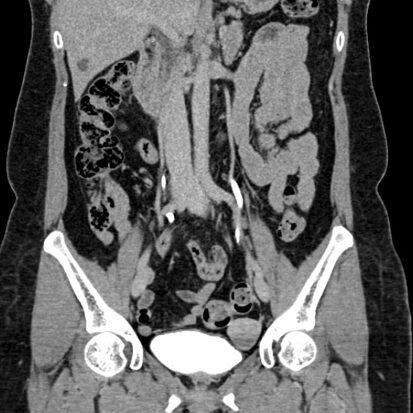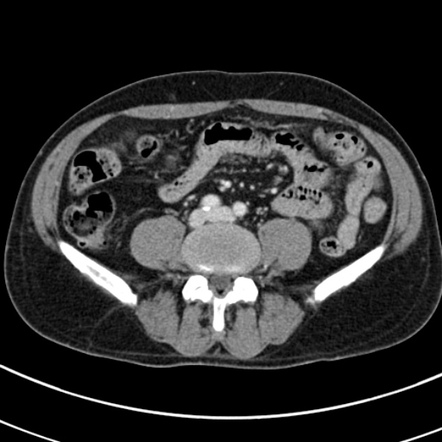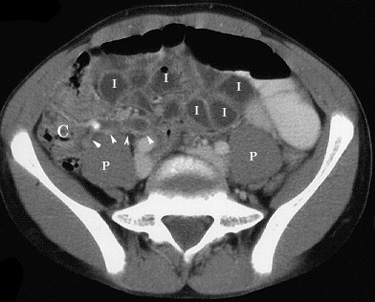Intravenous Urography (IVU) is a radiological imaging technique primarily used to assess and diagnose various conditions in the urinary system, including the kidneys, ureters, and bladder. Here are some of the common ailments and conditions that can be detected or evaluated using IVU:
- Kidney Stones: IVU is effective in visualizing kidney stones, their size, location, and whether they are causing any obstruction in the urinary tract.
- Urinary Tract Obstruction: IVU can identify blockages or obstructions in the ureters, which are the tubes that connect the kidneys to the bladder. This obstruction may be due to stones, tumors, or other abnormalities.
- Renal Tumors: IVU can help detect tumors or masses in the kidneys. It provides information about the size, location, and characteristics of these lesions.
- Structural Abnormalities: The procedure can reveal structural abnormalities in the urinary system, such as congenital anomalies or abnormalities in the shape and function of the kidneys and bladder.
- Hydronephrosis: IVU can detect hydronephrosis, a condition where there is swelling of the kidney due to the accumulation of urine caused by an obstruction.
- Urinary Reflux: This is a condition where urine flows backward from the bladder into the ureters or kidneys. IVU can help identify this reflux.
- Bladder Conditions: IVU allows visualization of the bladder, helping to identify abnormalities such as tumors, diverticula, or other structural issues.
- Trauma: IVU can be used in cases of trauma to assess damage to the urinary system, such as injuries to the kidneys or urinary tract.
It’s important to note that while IVU is a valuable diagnostic tool, other imaging modalities such as CT scans and ultrasound are also commonly used for evaluating the urinary system. The choice of imaging method depends on the specific clinical situation, the information needed, and the patient’s individual circumstances.
As with any medical procedure, the decision to use IVU is based on the patient’s symptoms, medical history, and the clinical judgment of healthcare professionals. If you suspect a urinary issue or have symptoms such as pain, blood in the urine, or changes in urination, it’s essential to consult with a healthcare provider for proper evaluation and diagnosis.







